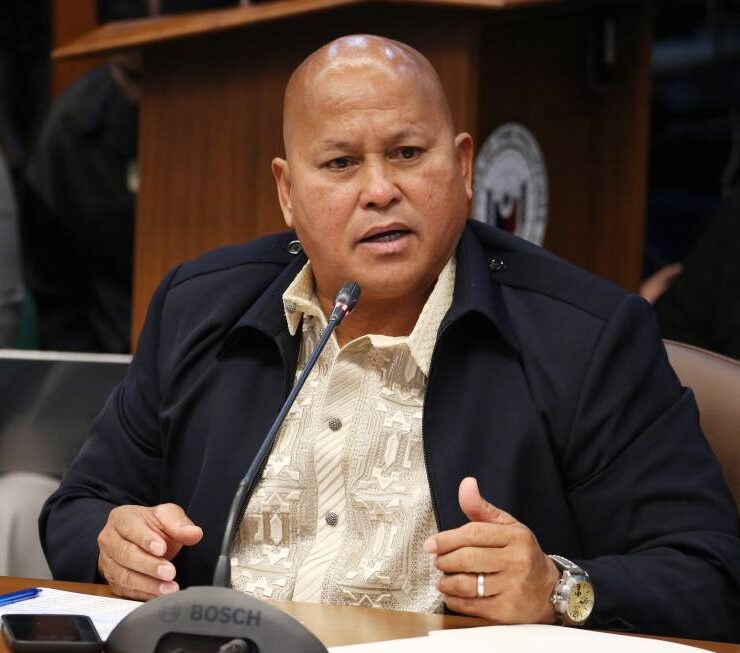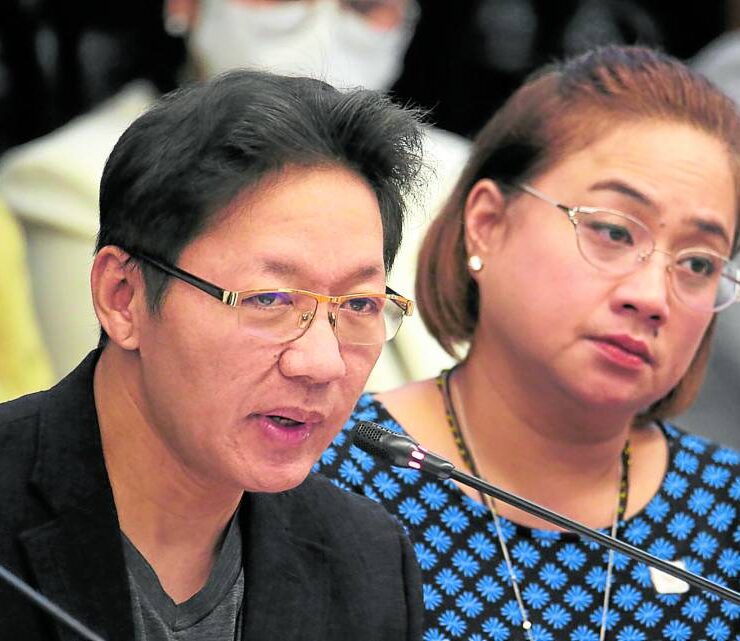A can of worms

I have long been convinced that the history of our present, ill-fated Fifth Republic is a catalog of the effects of the law of unintended consequences. The result is a catalog of innovations and experiments in promoting good governance and accountability that have failed. Impeachment’s a good example. It was made easier in the current Constitution compared to earlier ones, but also resulted in maneuvers that have served to bring this instrument of accountability into increasing disrepute—or toothlessness. There’s “self-impeachment,” where the one-year rule to prevent harassment means a defective or dubious complaint can be filed and dismissed, heading off formidable and valid ones.
And there’s the innovation of using quo warranto proceedings to eliminate officials who previously were only removable from office by means of impeachment. In this manner, the Supreme Court accomplished what had formerly been the sole preserve of Congress: the removal of a sitting chief justice. This type of proceeding was going to be used, too, as the fail-safe in the effort to deprive ABS-CBN of its congressional franchise, except Congress proved obliging, thus rendering a quo warranto proceeding “moot” in the eyes of the Supreme Court.
Just recently, Ombudsman Jesus Crispin Remulla wanted to provoke a “justiciable controversy” by attempting to execute the dismissal of Sen. Joel Villanueva on the basis of an order by former Ombudsman Conchita Carpio Morales. This would have been controversial because it asserted authority to dismiss a member of Congress when the Ombudsman law specifically states dismissal from office by the Ombudsman is not allowed for legislators.
Morales’ predecessor, Samuel Martires, himself, of course, had turned the world on its head by using his position, in the eyes of his critics, to shield rather than prosecute officials, making it virtually impossible to secure copies of their statements of assets, liabilities, and net worth (SALNs). This happened when politicians and the media began committing lèse-majesté—the defamation, insulting, or threatening of the monarch, which is a crime in some monarchies but not in our country—against former President Rodrigo Duterte.
Even before he became president, he’d already had to suffer the indignity of being questioned over his bank accounts, while repeatedly facing—and ducking—a simple challenge: “sign a waiver.” He never did and probably never will. When he won, he took the high road (or so people thought) and issued Executive Order No. 2 dated July 23, 2016, which encouraged officials to make their SALNs available and instituted Freedom of Information as a policy—so effectively, that by 2022, it could routinely reject FOI requests for the president’s SALN.
The lèse-majesté was that investigative media not only started studying the former president’s SALNs but also had the nerve to request his latest ones. The gates came crashing down.
On the 14th of this month, the Ombudsman revoked the policy of his predecessor, which made it virtually impossible for anyone to obtain copies of an official’s SALN. The Ombudsman, of course, can only direct and speak for his office. He can only encourage, as he seems to have done, other offices to adopt a similar spirit of transparency.
When Remulla first broached the possibility of allowing public disclosure of SALNs, he was quoted as saying, “I’m opening a can of worms, but so be it.” Executive Secretary Lucas Bersamin, who himself had voted in favor of the quo warranto position that expelled Chief Justice Maria Lourdes Sereno, took the opportunity to tell reporters (after the President, who’d left for abroad, stated he’d abide by the Ombudsman’s decision and revert to the “old rules” governing SALN releases) to hold their horses. “We cannot just allow the indiscriminate freedom to access these SALNs,” he cautioned.
He judiciously emphasized, “You must not ever forget that Cabinet secretaries are the alter egos of the president. They are entitled to a level of security and privacy … because their lives are also at risk. For instance, if someone finds out where they are—how many children they have, where their house is—it’s easy to go after them. And we don’t want that to happen,” he said.
I know for a fact these are actually real and thus legitimate concerns even among honest officials, but they can be addressed. You just have to try. Bersamin added something new: that private sector people would be turned off from public service by transparency requirements (but this would just be one of the many factors making public service an increasingly losing proposition for any sane person).
But it didn’t stop the Senate president (and currently, at least nine other senators) or the Speaker from releasing theirs, and it can only be hoped a bandwagon effect will ensue. The President convened the Cabinet on Saturday, and the Palace reiterated that it would follow the Ombudsman’s new rules.
The only one confused by the situation seems to be the Vice President, who said it was all for show and “for a motive.” “I don’t know why they have orders that would allow access to SALN when SALNs can be obtained even before,” she said; reporters had even accessed her SALN back in 2019!
“You will just write to the Ombudsman and ask for the SALN of that person,” ignoring the fact that Martires put an end to accessing SALNs in 2020.
—————-
Email: mlquezon3@gmail.com; Twitter: @mlq3





















End cycle of corruption, empty promises